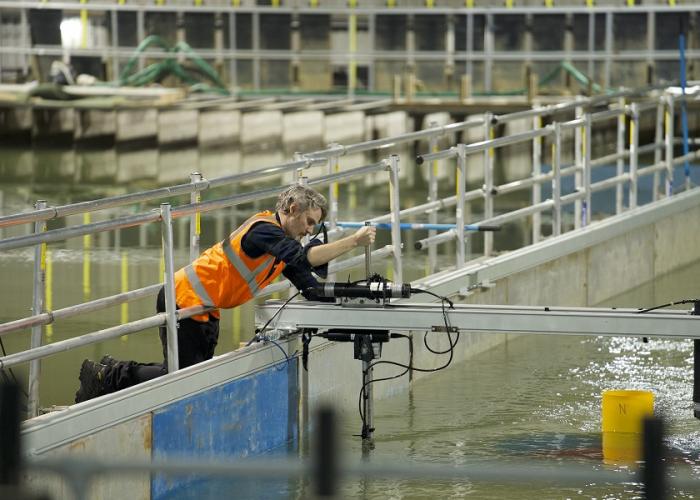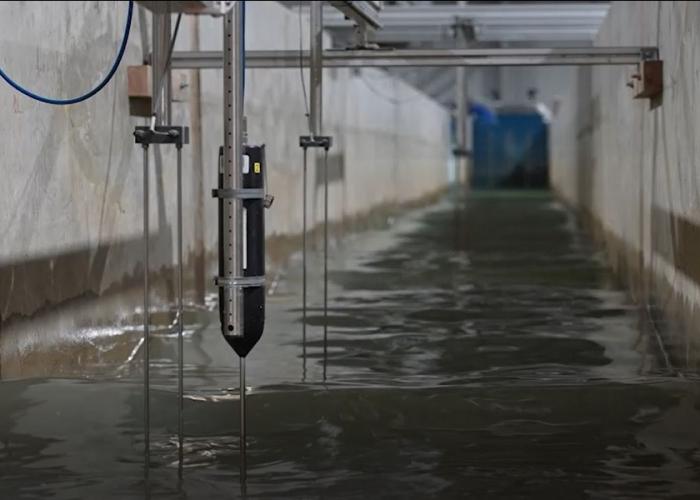Connor McCarron
Connor, a coastal and oceanographic scientist, works across a variety of research and commercial projects from wind farms to coastal protection. He enjoys the mix of hands-on testing and computer modelling, which allow him to really understand the data.
Meet Connor
What’s your background?
After my undergraduate degree at Ulster University, I worked for a local environmental organisation. This was mainly fieldwork based, looking after environmental monitoring systems, and then supporting PhD researchers with their field work, setting up equipment and so on. Then I did a Master's and started a PhD at Bangor University, which I finished while working for HR Wallingford. At Bangor I also did some lecturing on physical oceanography and high-resolution geophysics.
What does your current role involve?
I’ve worked on a lot of different projects so far – looking at: the impact of dredging, port developments and offshore windfarm infrastructure on hydrodynamics and fine sediment dispersal; assessing the long-term evolution of beaches and coastlines; and assessing the response of beaches to extreme events (including hurricanes), and proposed coastal protection or nourishment schemes.
I like the mix of work with the chance to sometimes get hands on. Recently, flume work took me away from the computer for a while. I carry out research projects, as well as working on commercial projects.
What made you want to pursue this sort of career?
I'm not the kind of person who can just sit and collect data; I like to understand what the data means. The modelling of practical applications has analytical work that feeds that interest.
How useful is your PhD been for your current job?
Really useful. If I hadn't done my PhD, it would have been difficult to find the time and experiences to learn the skills that I got from it. I think probably one of the best parts is being able to think critically. You also learn how to digest information really quickly, to try and come up with an explanation for the processes you observe. Plus the PhD taught me things such as time management and finding/ingesting information under pressure.
What would you advise people considering a career in STEM
Rather than solely trying to follow a direct path, I think you should also try opportunities which come to you and take all of the experience that you can get. This experience can help you decide which direction to go. Sometimes what you think you want changes when it comes to doing it.
My undergraduate degree included marine biology, and I thought I was going to go down that route. While volunteering on some offshore cruises I got experience in marine geophysics which I found really interesting, So I chose a Masters degree with marine geophysics, planning to go into offshore work, but then I stumbled upon a PhD project which peaked my interest. All of those different turns have taken me to where I am now, but if I had just stuck with the first thing that I thought I wanted to do, I probably wouldn't have done all those interesting things.
How would you describe your colleagues?
The people at HR Wallingford are experts in their field. During my PhD, a book by Richard Soulsby was my Bible, and I read Richard Whitehouse’s work. At that time I was overwhelmed by their expertise, but here you're surrounded by them at your desk, you have lunch together, learn loads from them, and they’re very supportive colleagues.
What do you enjoy doing outside of work?
At the minute, it’s all mainly about having adventures with our young child – feeding ducks, going to the beach, Legoland, and the Sealife Centre.
When I lived in North Wales, I was a helmsman with Beaumaris RNLI. I took their 85 class lifeboat out to sea, and was the lifeboat training coordinator. I organised training for 30 or more crew, including multi-agency search and rescue training with A&E consultants, the Welsh Ambulance Service, and HM Coastguard.
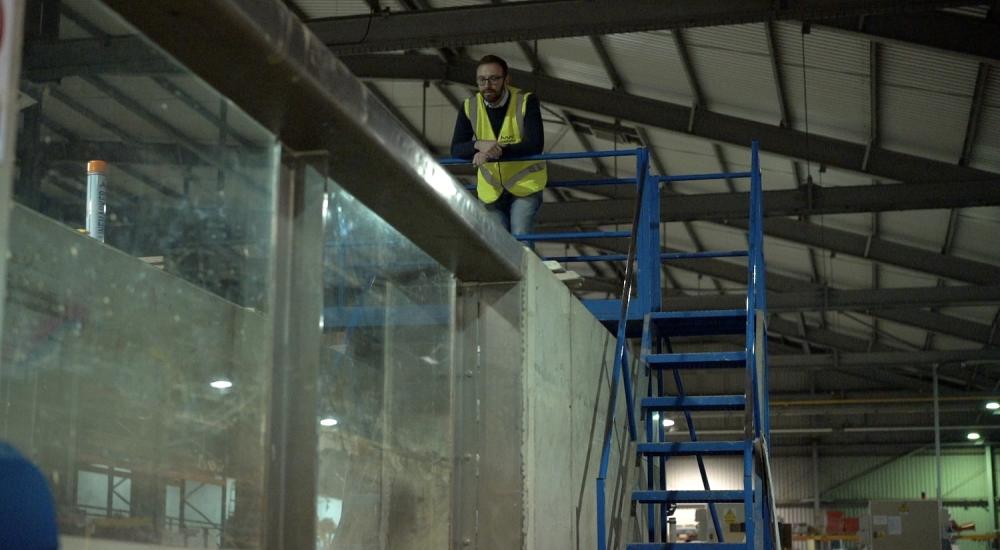
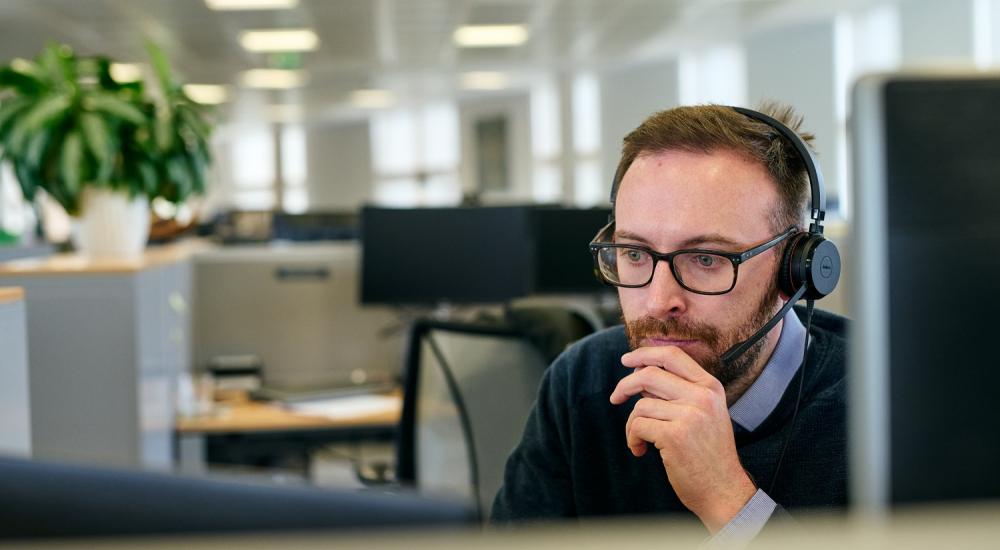
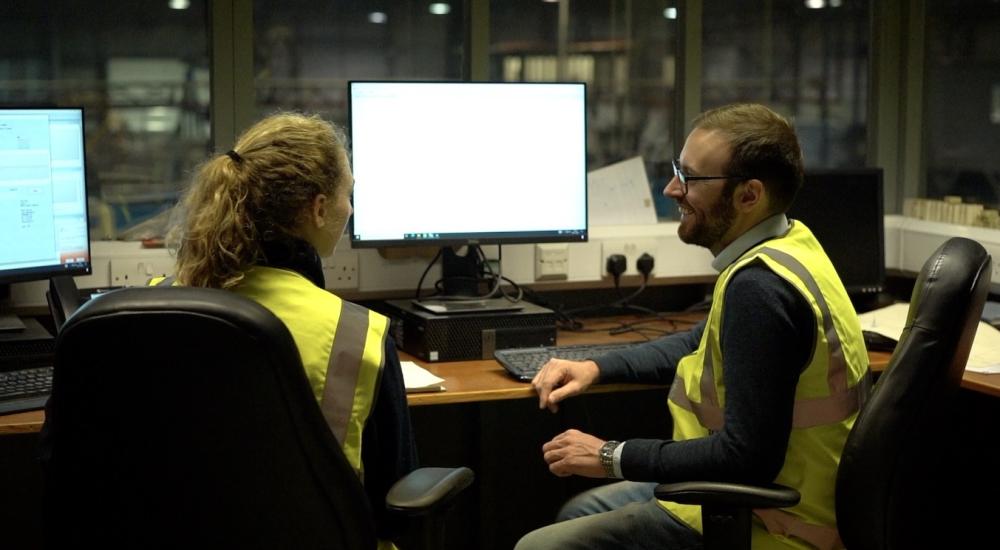

Want to know more?
Senior Scientist

